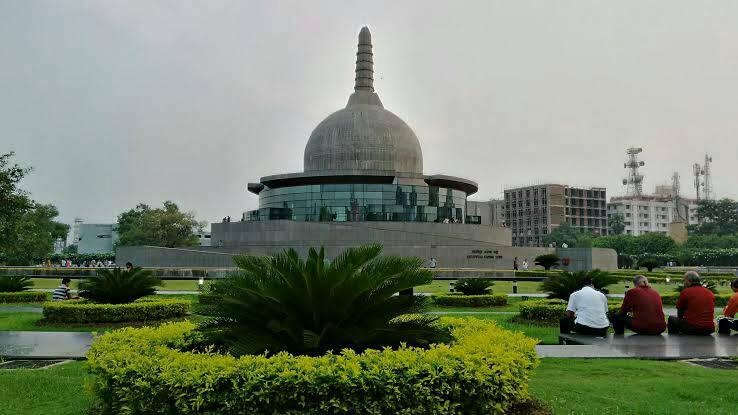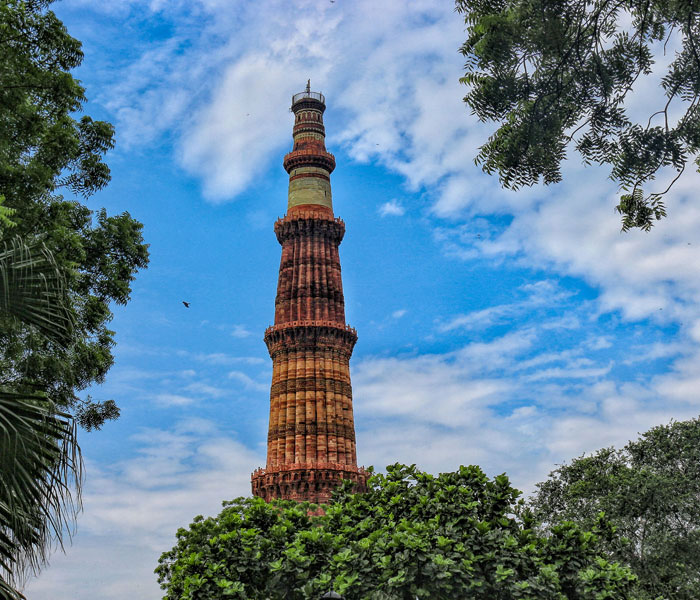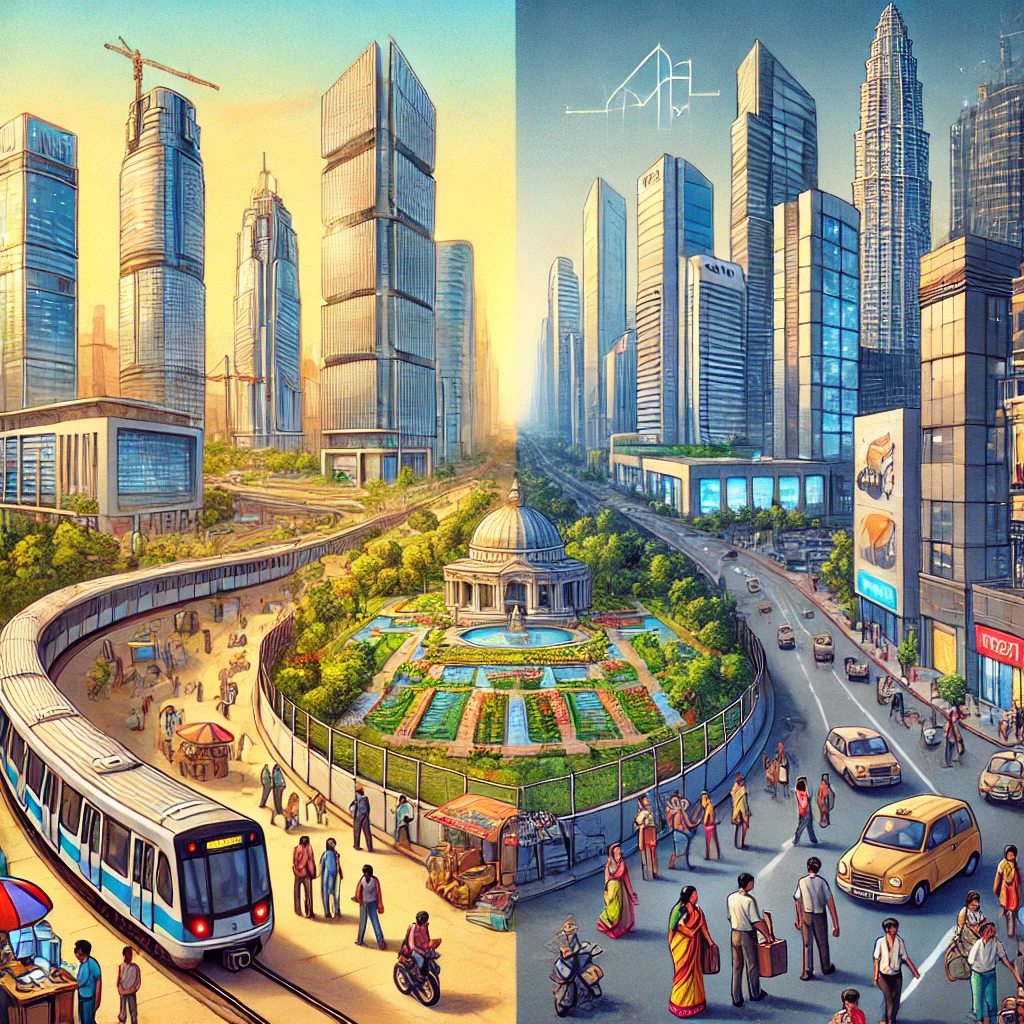Returning to Bihar: 10 Challenges for Biharis After Thriving in Other States of India
Bihar, with its rich cultural heritage, ancient history, and vibrant traditions, has often been stereotyped for its socio-economic challenges. Many Biharis, motivated by better work opportunities and the promise of a better life, have left their home state to settle in other parts of India. After spending years in metropolitan cities and enjoying a prosperous work and personal life, the decision to return to Bihar can be both exciting and daunting. While the emotional pull of home is undeniable, there are several challenges a Bihari faces when considering returning to Bihar after a successful stint elsewhere. Let’s explore ten such challenges.
1. Economic Opportunities and Job Market
One of the most pressing reasons Biharis leave their home state is the lack of job opportunities. While cities like Delhi, Mumbai, and Bengaluru offer a plethora of opportunities across sectors, Bihar’s job market remains underdeveloped. Industries are limited, and even though the state government has taken steps to attract investment, it still lags far behind other Indian states in terms of employment generation.
For someone accustomed to the competitive, fast-paced work environment of metros, returning to Bihar often means facing limited career options. This can be a significant deterrent, especially for those in niche professions or industries not widely represented in Bihar. Even for professionals such as doctors, engineers, and educators, the pay scale and working conditions in Bihar can be less appealing.
2. Infrastructure Challenges
Living in cities like Delhi or Mumbai provides easy access to well-developed infrastructure—good roads, public transportation, clean water supply, and electricity. Upon returning to Bihar, the stark difference in infrastructure can be frustrating. While urban areas in Bihar like Patna have seen some development, rural areas and smaller towns still grapple with poor road conditions, irregular electricity supply, and inadequate sanitation facilities.
Bihar’s infrastructural shortcomings make everyday life more challenging, particularly for someone used to the amenities of well-developed urban areas. Simple activities, such as commuting or accessing healthcare, can become time-consuming and cumbersome.
3. Educational System for Children
One of the significant concerns for returning Bihari families is the quality of education available for their children. Cities like Bengaluru or Pune boast international schools, modern teaching methodologies, and extracurricular opportunities. In contrast, despite some improvement, Bihar’s education system, particularly in smaller towns and rural areas, remains subpar.
Many Biharis who return find themselves contemplating whether their children will receive the same level of education and exposure they had in other states. The dearth of well-established schools with modern facilities, especially outside Patna, makes the decision to return difficult for those with school-going children.
4. Healthcare Services
Healthcare infrastructure in Bihar is another area of concern. While metro cities are home to world-class hospitals with cutting-edge technology and highly skilled professionals, Bihar’s healthcare system is still evolving. The state suffers from a shortage of medical professionals, poorly equipped hospitals, and long waiting times for critical treatments.
For those who have spent years enjoying quality healthcare services in other states, adjusting to Bihar’s healthcare landscape can be a considerable challenge. The lack of advanced medical facilities in many areas also poses a risk, especially for elderly family members or those with chronic health conditions.
5. Social and Cultural Adjustment
Life in other states of India, especially in cosmopolitan cities, often brings exposure to diverse cultures, social practices, and liberal viewpoints. Upon returning to Bihar, individuals may find it difficult to adjust to the more conservative social environment, particularly in rural areas and smaller towns. Gender roles, societal expectations, and the pace of life are often more traditional in Bihar compared to metropolitan cities.
For women, especially, the transition can be challenging as they may encounter more conservative views regarding dress codes, freedom of movement, and career aspirations. The cultural shift can also affect the overall comfort level, especially if they’ve grown used to a more liberal and open-minded society elsewhere.
6. Political and Bureaucratic Hurdles
Bihar’s reputation for bureaucratic red tape and political challenges can be discouraging for those returning after spending time in more efficiently run states. Navigating government services—whether it’s renewing a driving license, registering a property, or starting a business—can be a time-consuming and often frustrating process.
While there have been improvements in governance in Bihar over the past decade, the state still ranks low on various governance indices. Corruption, delays, and inefficiencies within the administrative framework can be overwhelming for someone who has experienced more streamlined systems in other states.
7. Safety and Security Concerns
Safety is a crucial factor for anyone considering relocating, and this is no different for returning Biharis. While the law and order situation in Bihar has improved in recent years, there are still concerns regarding crime rates in certain areas. Cities like Patna have seen a rise in urban crimes, including theft, robbery, and petty crime, which can be a source of anxiety for returnees.
For those who have lived in safer neighborhoods in cities like Bengaluru or Hyderabad, adjusting to a perceived or real sense of insecurity in certain parts of Bihar can be stressful. Ensuring personal and property safety often becomes a top priority for those moving back.
8. Professional Networking and Growth
One of the most significant advantages of working in major Indian cities is the access to professional networks, mentoring opportunities, and a thriving corporate culture. Many industries in Bihar, especially outside the capital, lack the same degree of networking opportunities or professional associations that are readily available in metro cities.
For someone returning to Bihar, this lack of professional engagement can be stifling. It may limit their opportunities for growth, learning, and collaboration. The sense of being part of a broader professional community, which many enjoy in larger cities, is often missing in Bihar’s professional landscape.
9. Lack of Entertainment and Lifestyle Amenities
Metropolitan cities offer a plethora of lifestyle amenities—malls, restaurants, cinemas, cafes, art galleries, and fitness centers. For someone who has grown accustomed to these conveniences, returning to Bihar can be a shock in terms of the limited entertainment and recreational options available.
Smaller towns and cities in Bihar often lack malls, high-end restaurants, or cultural hubs, and the nightlife is virtually non-existent compared to places like Delhi or Mumbai. The limited availability of such amenities can impact the quality of life for those seeking an active social life or simply a diverse range of entertainment options.
10. Emotional and Psychological Transition
Beyond the tangible challenges, there’s the emotional and psychological adjustment of returning to a place that may feel both familiar and foreign at the same time. The returnee often finds that their experiences in other states have changed them in ways that make fitting back into the Bihari way of life challenging. Social circles may have shifted, familial expectations might differ, and the pace of life can feel slower and less exciting.
This emotional challenge is often compounded by the sense of isolation or feeling out of place. While the sense of belonging to one’s home state remains strong, the reality of day-to-day living in Bihar may not match the expectations built over years of living elsewhere.
Conclusion
Returning to Bihar after enjoying a successful career and personal life in other parts of India is an emotionally charged decision. While the call of home is strong, the challenges of limited economic opportunities, underdeveloped infrastructure, conservative social norms, and a lack of modern amenities can be overwhelming. Those considering such a move need to weigh these factors carefully and prepare themselves for a period of adjustment as they reacquaint themselves with a state that may have changed less than they have




























